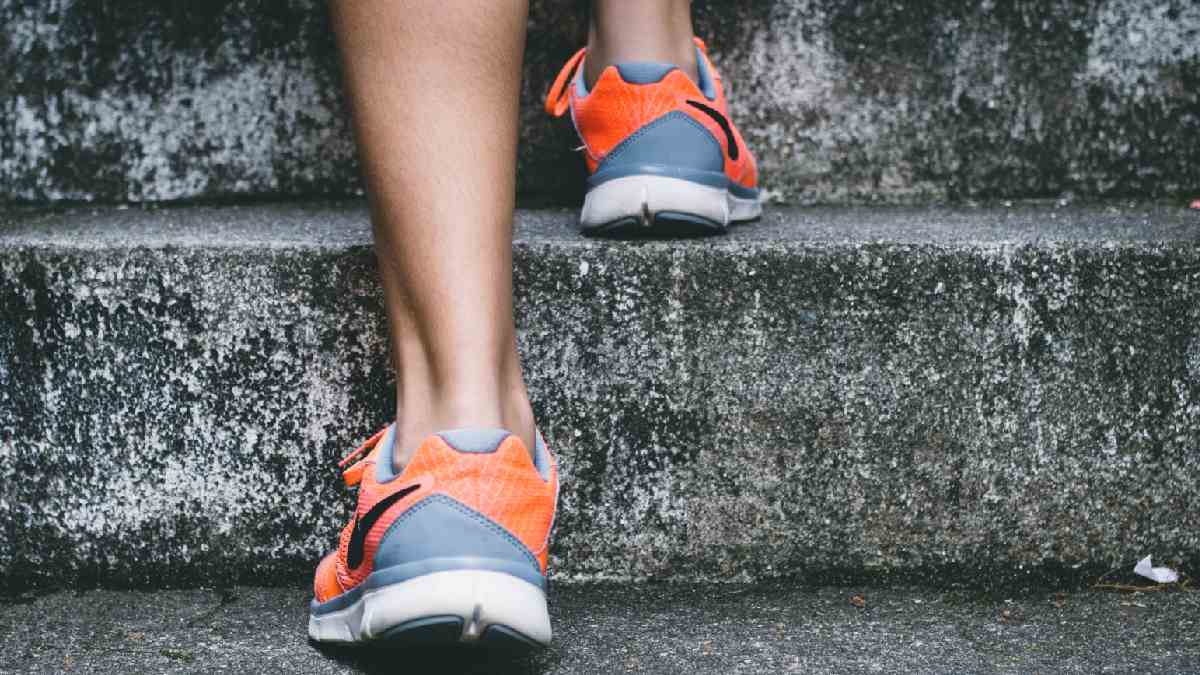
Can Too Much Exercise Cause Insomnia?
New research investigates the association between sleep problems and over-exercising.

By Mark Travers, Ph.D. | October 27, 2021
A recent article released in Frontiers in Psychology offers new insight into why certain people are more likely to experience sleep disorders than others. A possibility, according to the authors of the research, is that extremely low and extremely high levels of daily physical activity, especially occupational-related physical activity, negatively impacts sleep quality and psychological well-being.
"The present study was aimed at elucidating the link between different levels and types of physical activity and sleep," comment the authors, led by Elena Dubinina of Herzen State Pedagogical University in Saint Petersburg, Russia. "We found that having a high physical load six or more times a week is a risk factor for having insomnia symptoms, in particularly, sleep-onset difficulties."
This is consistent with other research showing how too much exercise can interfere with a person's ability to maintain a healthy sleep routine. For instance, one study on over 9000 adults from five different countries found that both very low (less than 10 continuous minutes per week) and very high (greater than 300 minutes per week) levels of physical activity were associated with an increased risk of insomnia.
To arrive at this result, the authors conducted structured interviews on over 4,800 Russian adults from three regions of Russia: Saint-Petersburg, Samara, and Orenburg. In the interview, they asked participants to report the type and frequency of physical activity they were doing at work and for leisure. They also asked participants to report the following measures of sleep quality: (1) sleep duration, (2) difficulty falling asleep, (3) difficulty maintaining sleep, (4) daytime sleepiness, and (5) medication use.
They found that among participants who did not indicate some disease as a barrier to intensive physical activity, 27% of participants indicated having a high physical load (including sport and physical exercise) less than one time a week, 38% had a high physical load one or two times a week, 27% had a high physical load three to five times a week, and 8% had a high physical load six or seven times a week. Furthermore, among working participants, 55% reported mainly sitting at work, 33% reported mainly walking at work, 9% reported mainly lifting and carrying small loads, and 4% reported performing heavy physical work.
With respect to their hypothesis, they found sleep problems to be significantly more frequent in people who reported a high physical load. Also, people with difficulties falling asleep and staying asleep were shown to spend more time walking, probably as a means to cope with insomnia.
Furthermore, individuals with a frequent high physical load were more likely to use sleep medications.
"All sleep problems analyzed in this study were tightly linked to anxiety and depression levels," state the researchers. "Participants with sleep duration less than six hours, with frequent difficulties in initiating and maintaining sleep, with daytime sleepiness and experience of sleep medication use have a significantly higher risk of having increased anxiety and depression scores."
The researchers hope their findings encourage the development of better recommendations for optimal levels of physical activity. The World Health Organization, for instance, recommends 150 minutes of moderate-intensity exercise weekly. But that's just a starting point and recommendations can vary widely depending on unique personal characteristics.
It's also important to note that there are other factors that influence sleep quality. Another recent paper, for instance, shows that spending a full eight hours in bed without a device over the course of a week can improve psychological well-being as part of a broader behavioral intervention.
The authors conclude, "In general the study emphasizes the necessity to consider the association between physical activity, sleep and psychological well-being as a complex relationship. We found that excessively high physical activity is detrimental to sleep quality and poor sleep is linked to a wide range of emotional problems. Further research is needed to determine the role of social, psycho-social and physiological factors mediating these relationships as well as mechanisms underlying this association."
A full interview with sleep researchers Lyudmila Korostovtseva and Elena Dubinina can be found here: Why too much exercise is bad for sleep
